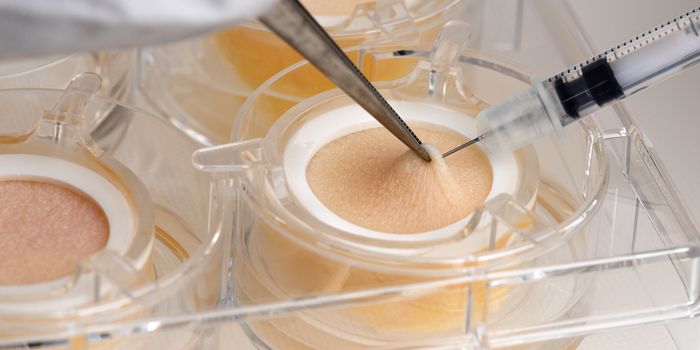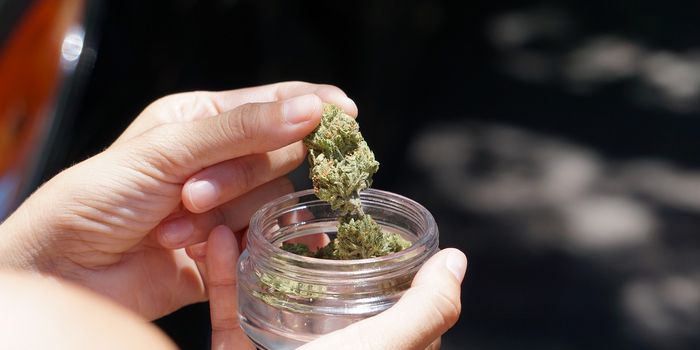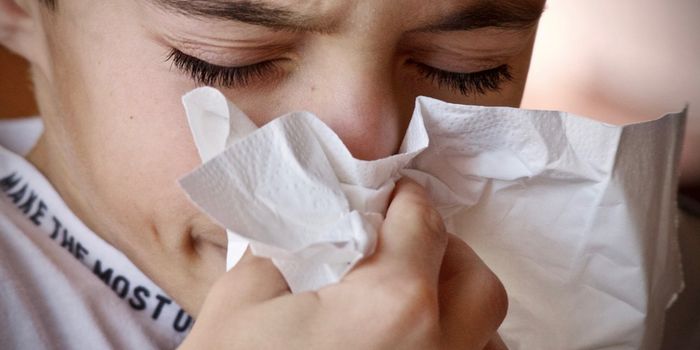Study Finds Improvements in Cannabis Lab Testing
A study published in Cannabis and Psychedelic Science Journal examined pesticide testing in accredited analytical testing laboratories in the cannabis industry. The study evaluated approximately 350 pesticide test results from certified testing labs between 2019 and 2023. The findings suggest that testing lab procedures for detecting and quantifying pesticides have improved over four years.
The process of cannabis testing is a multifaceted one, encompassing the evaluation of cannabinoid potency, as well as the detection of pesticides, heavy metals, and insecticides. This complex task is carried out using different solvents, depending on the type of cannabis product and the specific test being conducted. As technological advancements continue to drive the evolution of safety and quality testing, the cannabis industry will integrate more refined procedures in the future.
Many operators use insecticides such as pyrethrin and pyrethroid compounds. The study revealed that the number of tests found to measure pyrethrin and pyrethroid compounds improved from 89% in spring 2019 to an overall average of 94% across eight data points.
The research team suggested some reasons that cannabis testing regimens have improved accuracy over the past few years. According to the study, “There has been a continual increase in the number of analytical chemists with a doctorate degree moving into the cannabis industry and a continual increase in laboratory directors who have more experience in the analysis of analytes in cannabis and cannabinoid-containing products.” The researchers believe that better testing procedures will counter the problem of lab shopping in the cannabis industry, in which operators seek out labs that manipulate testing results to avoid regulatory violations, fines, and penalties.
Further improvements to lab testing policy and practice will reduce variability in detecting and quantifying pesticides. Standardized methodologies and widespread proficiency testing can help establish more consistent practices. In particular, the current need for more standardization for some of the more difficult pesticides remains problematic.
Sources: Cannabis and Psychedelic Science Journal, MJ Biz Daily








